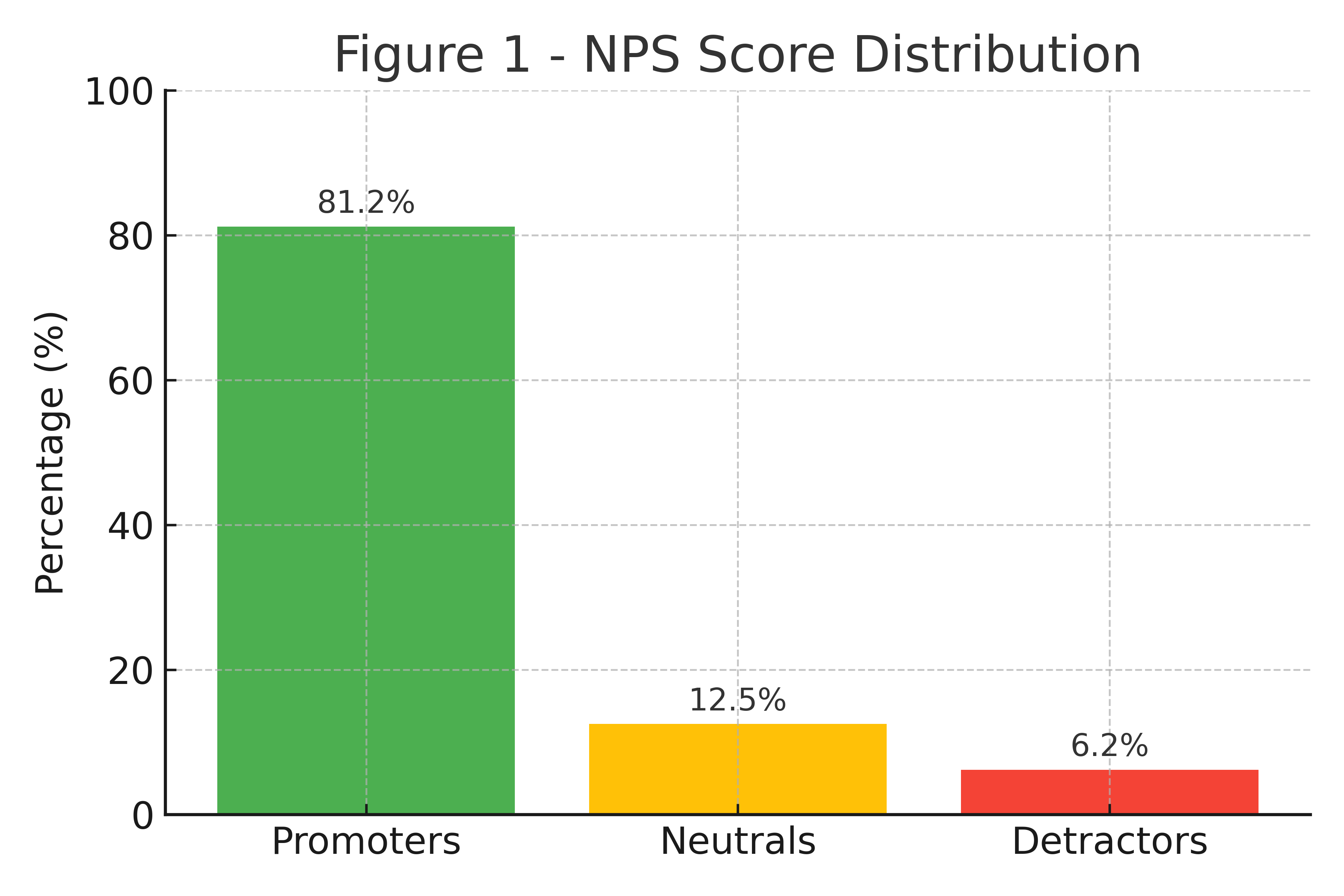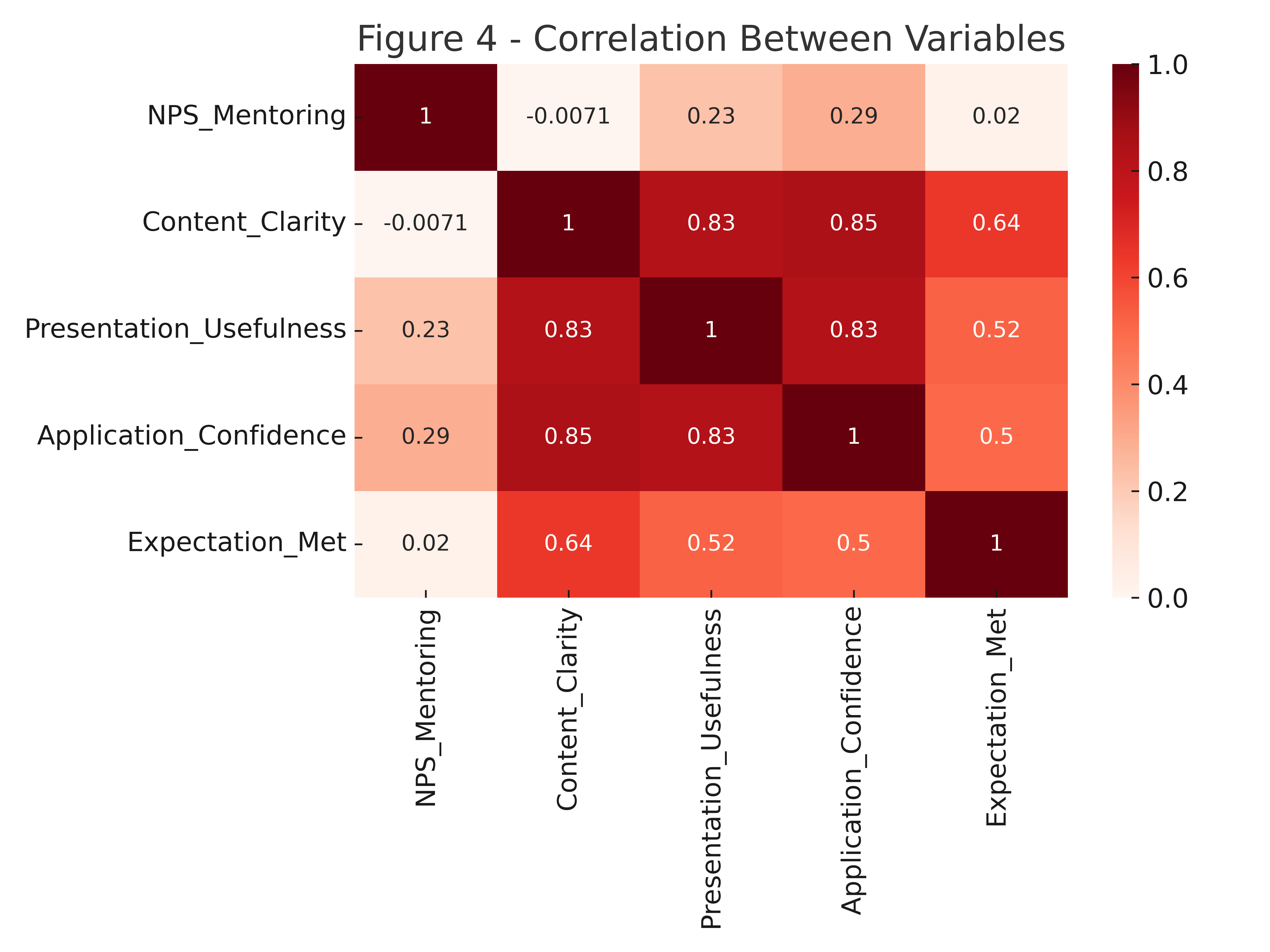Evaluation of mentoring experience by nurse residents: Application of the net promoter score in a university hospital
Luiz Gustavo Torres Dias da Cruz1,2,3, Danielle Moreira Marques1,2,3, Rogério Marques de Souza1,2,3, Allana Raphaela dos Santos Cardoso1,4, Gabriella da Silva Rangel Ribeiro1,4, Tereza Cristina Fellipe Guimarães1, Monique Abreu Silvino5, Rachel De Oliveira Gomes da Silva1,4.
1Research Center for Evidence-Based Nursing – NUPEBe, Universidade do Estado do Rio de Janeiro, Rio de Janeiro , Brazil; 2PhD Program in Health Technology Assessment, Instituto Nacional de Cardiologia , Rio de Janeiro , Brazil; 3Department of Nursing Coordination, Hospital Universitário Pedro Ernesto, Rio de Janeiro , Brazil; 4Nursing Evaluation and Training Service, Hospital Universitário Pedro Ernesto, Rio de Janeiro , Brazil; 5Instituto Nacional do Câncer, Rio de Janeiro , Brazil
Research Center for Evidence-Based Nursing – NUPEBe.
Introduction: Scientific event mentoring represents a complementary learning strategy in health education, especially relevant in the context of organ and tissue donation due to the complexity of the subject and the emotional sensitivity required. For nursing residents, this experience strengthens skills such as leadership, communication in vulnerable settings, and decision-making. Despite its relevance, there is a lack of evidence assessing the impact of such educational interventions. This study evaluates the satisfaction of participants with the mentoring conducted by nurse residents during a scientific congress on transplantation, using the Net Promoter Score (NPS) methodology.
Method: A cross-sectional descriptive study based on the experience of 16 nurse residents from a tertiary university hospital in Rio de Janeiro, Brazil. Data were collected through an online questionnaire including the NPS scale (0–10), Likert-scale questions on content clarity, applicability, and satisfaction, as well as open-ended comments. The analysis included descriptive statistics and was conducted using Python 3.10 in Google Colab. The congress took place in August 2024, and data collection occurred in September 2024.
Results:

Respondents were mostly female (83.3%), with an average age of 28.6 years. Most were first-year residents (56.3%) from the clinical nursing program (75%). The NPS was 81.2, indicating an “excellent” rating, with 81.2% promoters, 12.5% neutral, and 6.2% detractors. Clarity of content received the highest evaluation (M=4.8; SD=0.4), followed by usefulness (M=4.6) and expectation fulfillment (M=4.6). The lowest-rated item was confidence in practical application (M=4.3; SD=0.9), with 25% rating ≤3. Comments emphasized the need for more hands-on practice and better mentor allocation.
Conclusion: The mentoring experience was positively evaluated, especially in terms of communication and theoretical content delivery. The NPS score confirmed participant satisfaction and demonstrated the potential of using this metric in educational assessments. Nevertheless, gaps in practical integration and logistical coordination were noted. Future interventions should incorporate hybrid learning models and improve human resource distribution to enhance the training experience in transplantation education.

Disclosure and Ethics Compliance
All authors declare that there are no conflicts of interest related to the development or submission of this abstract. This study was conducted in accordance with the ethical principles outlined in the Declaration of Helsinki and The Transplantation Society (TTS) Ethics Statement. The research did not involve any procedures with human or animal experimentation beyond routine educational program evaluation and was exempt from institutional ethical review. All participants provided informed consent to participate anonymously in the study.
The authors would like to thank the Nursing Evaluation and Training Service, the Organ Donation Coordination Unit of the University Hospital Pedro Ernesto, and the Transplant Center of the State of Rio de Janeiro for their support in the planning and execution of the activities presented in this study. Special thanks to the DTI Foundation for awarding the Pepe Builtron Scholarship to the first author, which enabled the advancement of this research.
[1] Education, Nursing
[2] Internship and Residency
[3] Tissue and Organ Procurement
[4] Preceptorship
[5] Program Evaluation